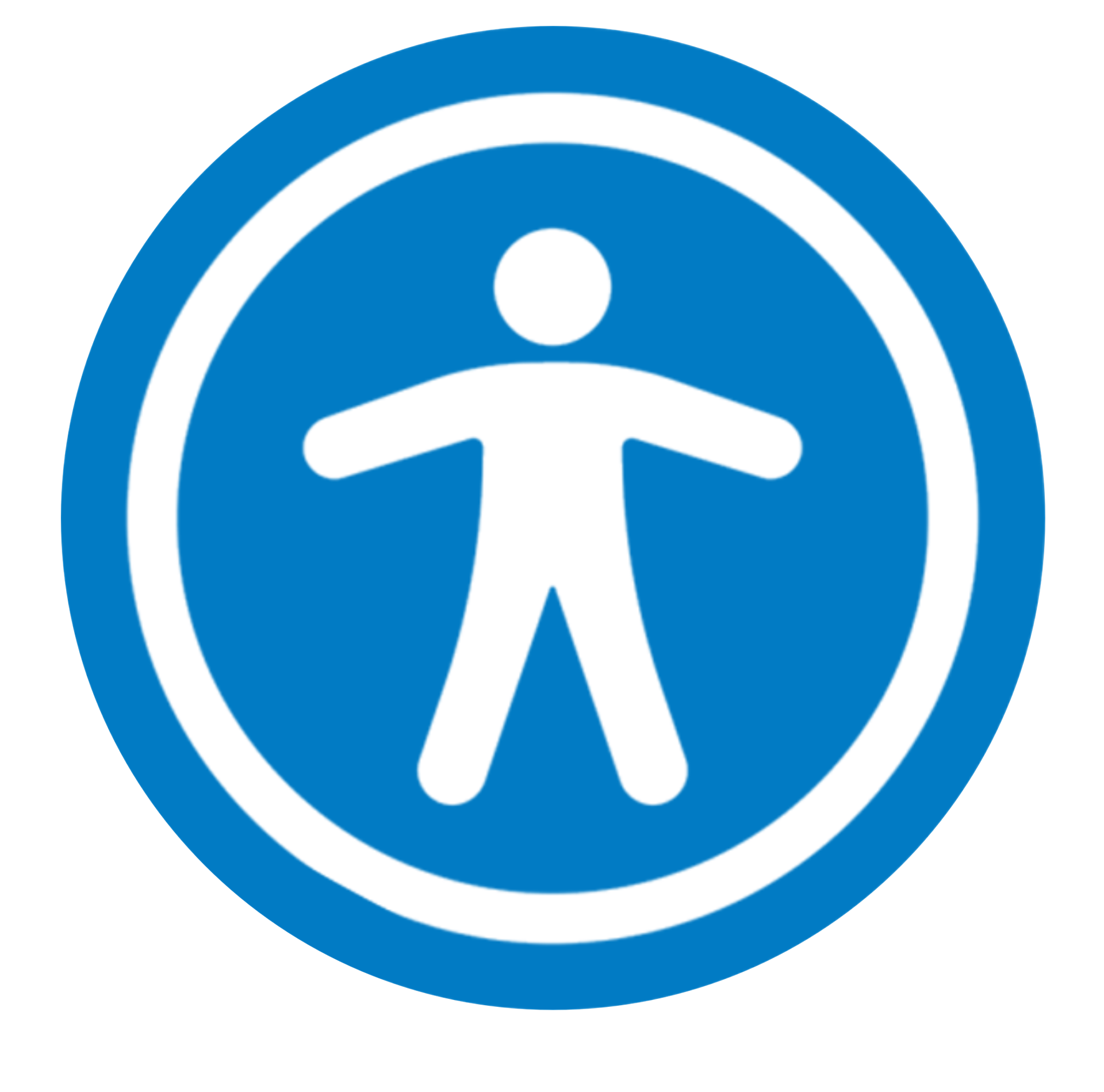You are here: Mental Health Challenges/adults/MH/mental-health
OCD
What is OCD?
Obsessive compulsive disorder (OCD) is a common mental health condition in which a person has obsessive thoughts and compulsive behaviours.
It affects men, women and children and can develop at any age. Some people develop the condition early, often around puberty, but it typically develops during early adulthood.
OCD can be distressing and significantly interfere with your life, but treatment can help you keep it under control.
If you have OCD, you'll usually experience frequent obsessive thoughts and compulsive behaviours.
- An obsession is an unwanted and unpleasant thought, image or urge that repeatedly enters your mind, causing feelings of anxiety, disgust or unease.
- A compulsion is a repetitive behaviour or mental act that you feel you need to carry out to try to temporarily relieve the unpleasant feelings brought on by the obsessive thought.
For example, someone with an obsessive fear of their house being burgled may feel they need to check all the windows and doors are locked several times before they can leave the house.
People with OCD can be reluctant to seek help because they feel ashamed or embarrassed. But there's nothing to feel ashamed or embarrassed about. It's a health condition like any other – it doesn't mean you're "mad" and it's not your fault you have it.
Who Can Help? +
If you know someone or yourself is struggling with OCD you can visit your GP who will be able to refer you to someone to get help. You can also refer yourself directly to services that help with OCD and other Mental Health Challenges.
*Some information gathered from www.nhs.uk and the services listed.

